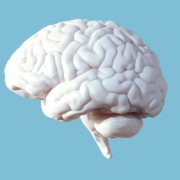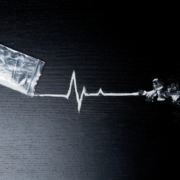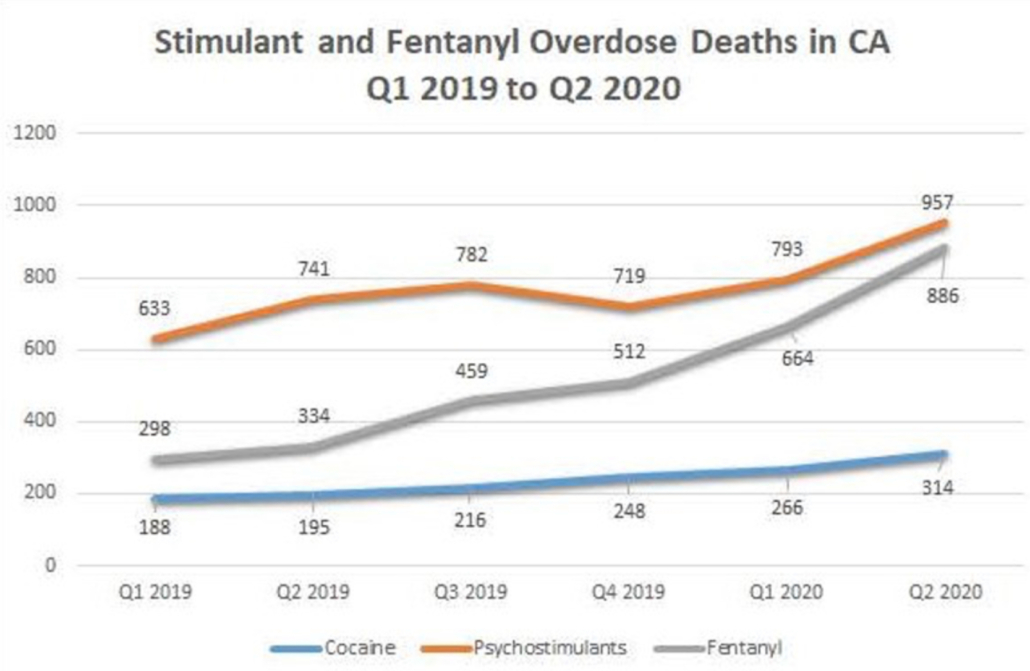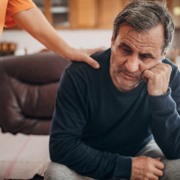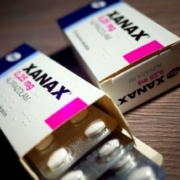How to Prepare for Life After Addiction Treatment
For those about to return home from addiction treatment, it’s perfectly fine to feel overwhelmed and uncertain about what’s ahead. You don’t have to have it all figured out immediately. For both you and your loved ones, the best approach is to be patient with one another and focus on the present. Life after addiction treatment is undoubtedly challenging, but with the right mindset and realistic expectations, you’ll begin your transition to a new positive chapter in your life.
Pink Cloud Experience
Many returning from addiction treatment are at their highest point in confidence, having just made significant progress in their recovery. There’s no longer a feeling of dependency on a substance, and it seems as though nothing can go wrong.
While we’re all for you celebrating your milestones, we also urge you to be diligent and to continue working hard to maintain the progress that you’ve made.
Returning from addiction treatment can have many thoughts come and go, resulting in overconfidence and complacency. A person’s mind can become occupied elsewhere, causing them to forget how difficult it is to stay sober, leading to a setback and relapse.
Balancing Relationships and Recovery
You may feel like you want to make up for lost time with your friends and family by spending every moment with them. Maintaining a proper balance in devoting time to loved ones and recovery is essential.
Find time to socialize with friends and family between attending therapy and meetings as they are an important part of your recovery.
Don’t ever feel pressured to skip your recovery obligations because you feel like you have to hang out with a friend or loved one. It’s okay to tell them that you’re busy with your recovery. If they have questions about it, feel free to educate them on what recovery entails and how much time needs to be committed to it.
Staying On Top of Everything
The period after coming back from addiction treatment is undoubtedly a hectic time. From rekindling relationships with loved ones to juggling work responsibilities and finding time for recovery, there’s a lot on your plate that you’ll have to deal with.
Those who struggle to manage their time will find it challenging to keep up with everything. This can lead to several things being neglected and tossed aside.
Staying organized and on schedule can help you avoid getting overwhelmed by your many responsibilities. Start planning out your days and sticking to your plans, so you’re able to fulfill all of your commitments.
Addiction is always present, even after treatment. Recovering from addiction requires the right kind of support and guidance. Get the proper help by reaching out to Twin Town Treatment Centers and our five drug rehab treatment centers throughout the Los Angeles and Orange County area. Our individualized outpatient programs and drug addiction treatments have been personalized to account for our patients’ unique needs and circumstances. Get in touch today by calling us at (866) 594-8844 or filling out our online form to get started. Our team of drug and alcohol treatment professionals will provide you with a no-cost interview and assessment for alcohol and drug issues.


